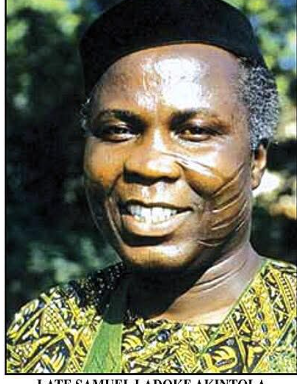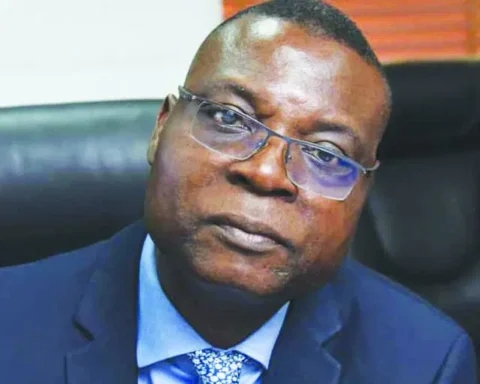NESTOIL: The Eclipse of An Octopus?
By Linus Anagboso
They said Nestoil was too big to sink.
A billion-dollar empire. Thousands of workers. Oil fields stretching deep into Delta creeks.
On paper, it looked untouchable.
But in October 2025, the illusion cracked.
A quiet court order in Lagos changed everything — a Mareva injunction that froze assets across 20 banks, locked up shares, and sealed headquarters guarded by armed police. The figures were cold and merciless: $1.01 billion and ₦430 billion in defaulted loans. And the names on the guarantee lines? Ernest and Nnenna Azudialu-Obiejesi.
For the banking world, it was a statement. For corporate Nigeria, it was a warning.
Because behind the numbers lies a larger truth — connections no longer save companies; cashflow does.
Let’s strip the story to its skeleton.
Nigeria’s economy has lost 45% of its currency value in 18 months.
Interest rates hover near 30%, choking credit lifelines.
Oil, once a lifeboat, has become a leaky vessel — global prices swing between $72 and $92 per barrel, while production barely scrapes 1.3 million barrels per day, far below OPEC quotas.
In that turbulence, even oil giants bleed.
Nestoil called it a “commercial dispute.” But to observers, it’s a case study in liquidity mismanagement and over-leverage — a billion-dollar lesson that when the tide goes out, governance is what keeps you clothed.
For years, Nigerian boardrooms thrived on influence — a call here, a waiver there, a friendly restructuring.
But the system is changing.
Banks are under pressure from CBN audits and IMF debt reforms.
Receiverships now come faster.
No more sacred cows.
The new economy isn’t impressed by old reputations. It respects balance sheets, not backchannels.
It rewards transparency, not ties.
The story of Nestoil isn’t just about oil and debt — it’s about evolution.
The era of untouchable corporations is ending.
And in the age of scrutiny, Nigeria’s future champions will be those who master governance, manage liquidity, and tell the truth in their books — before the banks tell it for them. Because in this new economic thriller, the villains aren’t the banks — they’re bad habits disguised as success.
Anagboso is a Digital Solutions Consultant. Columnist. Community & Leadership Advocate.



























